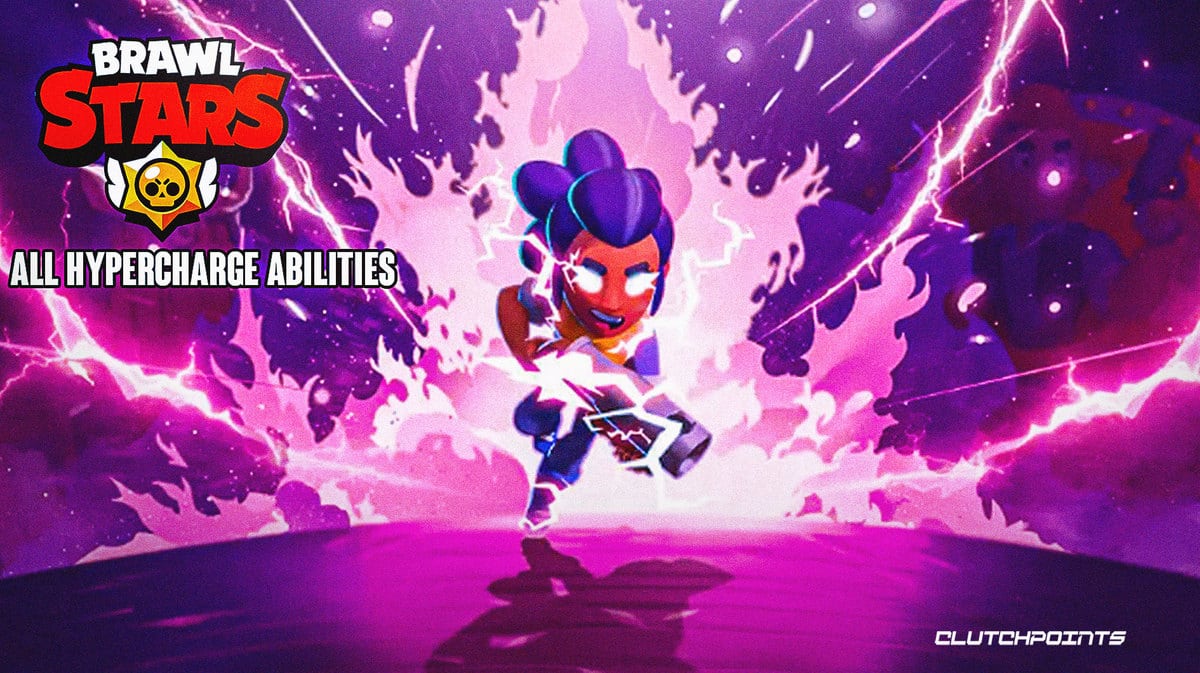Epic Games has officially announced its intention to launch the Epic Games Store on iOS platforms later this year. This groundbreaking move is primarily a response to the new regulations set forth by the European Union's Digital Markets Act (DMA). The announcement marks a pivotal moment in Epic's ongoing efforts to expand its digital footprint and re-introduce its flagship game, Fortnite, to Apple's iOS users.
Epic Games' Legal Odyssey And The DMA's Industry Impact
The journey to this announcement has been fraught with legal battles and corporate standoffs. Over three years ago, Epic Games attempted to bypass Apple's and Google's in-app purchasing systems by introducing alternative payment methods for Fortnite's in-game purchases. This action led to the removal of Fortnite from both the Apple App Store and the Google Play Store, igniting a series of legal confrontations. Epic Games has since seen varied outcomes in its legal battles, achieving more favorable results against Google than Apple.
Remember Fortnite on iOS?
How bout we bring that back.
Later this year Fortnite will return in Europe on iOS through the @EpicGames Store.
(shoutout DMA – an important new law in the EU making this possible). @Apple, the world is watching. pic.twitter.com/VdHWTe8i1c— Fortnite (@Fortnite) January 25, 2024
The implementation of the DMA has been a game-changer for the industry. Enacted as of January 25, these regulations mandate significant changes for technology giants like Apple. Most notably, Apple is now required to facilitate third-party app stores on its iOS devices, a move that aligns the company's policies closer to those long established on Android platforms. This shift includes the allowance of sideloading, enabling users to install apps from sources outside the traditional App Store.
Fortnite's EU Return Sparks Debate On Apple's New App Store Rules
Seizing this opportunity, Epic Games announced its plans to bring Fortnite back to iOS devices within the European Union via the Epic Games Store. This strategic move signifies Epic's readiness to capitalize on the evolving digital market landscape and challenge the status quo of mobile app distribution.
It’s official, Apple has confirmed it will be launching side loading and 3rd party app stores starting today (with the release of iOS 17.4 beta).
This means that Epic Games will be able to create their own “App Store” for EU users and Fortnite might return to iOS soon. pic.twitter.com/CO4g50HENY
— DuckyTheGamer (@duckybtw) January 25, 2024
Despite the apparent victory, Epic's CEO Tim Sweeney has voiced concerns over Apple's adaptation to these new rules. Sweeney labeled the changes as “hot garbage,” reflecting skepticism about Apple's commitment to fair competition. He specifically criticized Apple's stance on having the authority to selectively determine which third-party app stores can operate on its platform. This sentiment echoes a broader concern within the industry about the potential for Apple to hinder the launch of competing stores like the Epic Games Store.
The landscape of app distribution is undeniably changing, but not without potential complications. Apple's approach to implementing sideloading and supporting third-party app stores comes with a set of restrictions and guidelines. These conditions could pose significant challenges for independent developers and may limit the effectiveness and reach of third-party storefronts. The full impact of these restrictions remains to be seen, as the situation continues to evolve.
Epic Games Signals Industry Shift With Fortnite's iOS Comeback
In light of these developments, Epic Games' announcement represents a cautious yet optimistic stance in the face of potential regulatory and competitive obstacles. The return of Fortnite to iOS devices is more than just a revival of a popular game; it symbolizes a shift in the digital gaming landscape and the potential for increased competition and innovation in the app distribution space.
Epic's move to launch the Epic Games Store on iOS is a clear indication of the company's commitment to expanding its reach and challenging existing market norms. This development is particularly significant in the context of the ongoing legal battles and the broader conversation about digital marketplaces and app distribution. The reintroduction of Fortnite to iOS devices is not just a win for Epic Games but also signals a possible shift in power dynamics within the digital app distribution ecosystem.
Ultimately, Epic Games' strategic move to reintroduce Fortnite to iOS users through its own app store is a bold step in an evolving digital landscape. It highlights the ongoing challenges and opportunities within the industry, as companies navigate new regulations and compete in an increasingly dynamic market.
For more gaming news, visit ClutchPoints Gaming




















